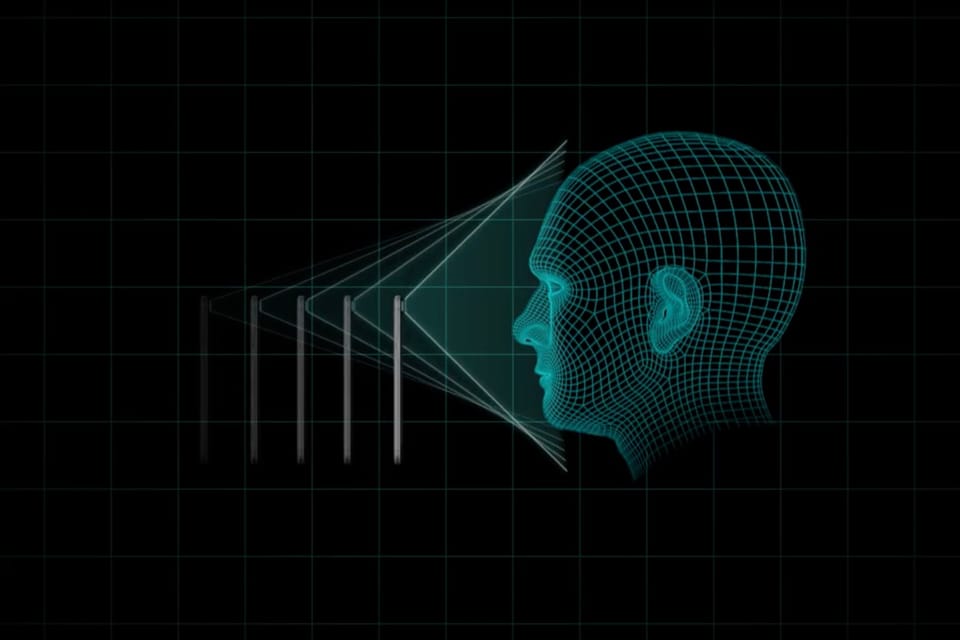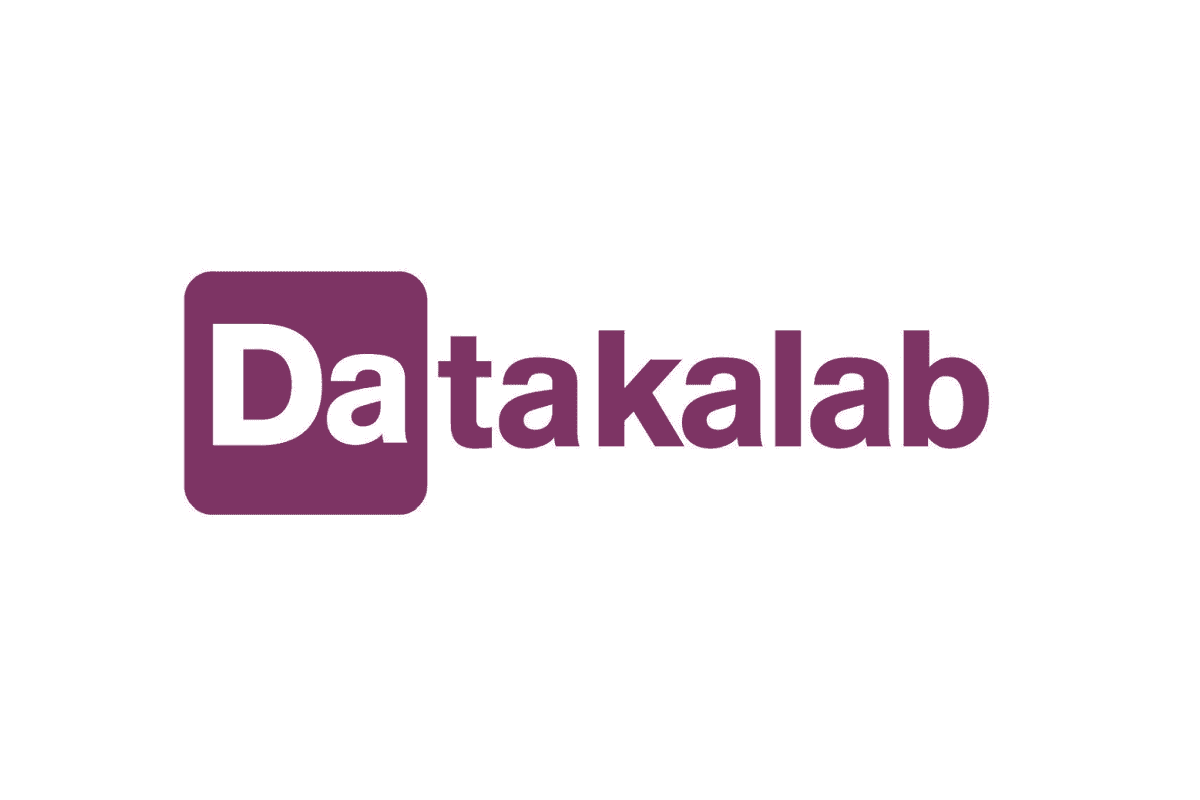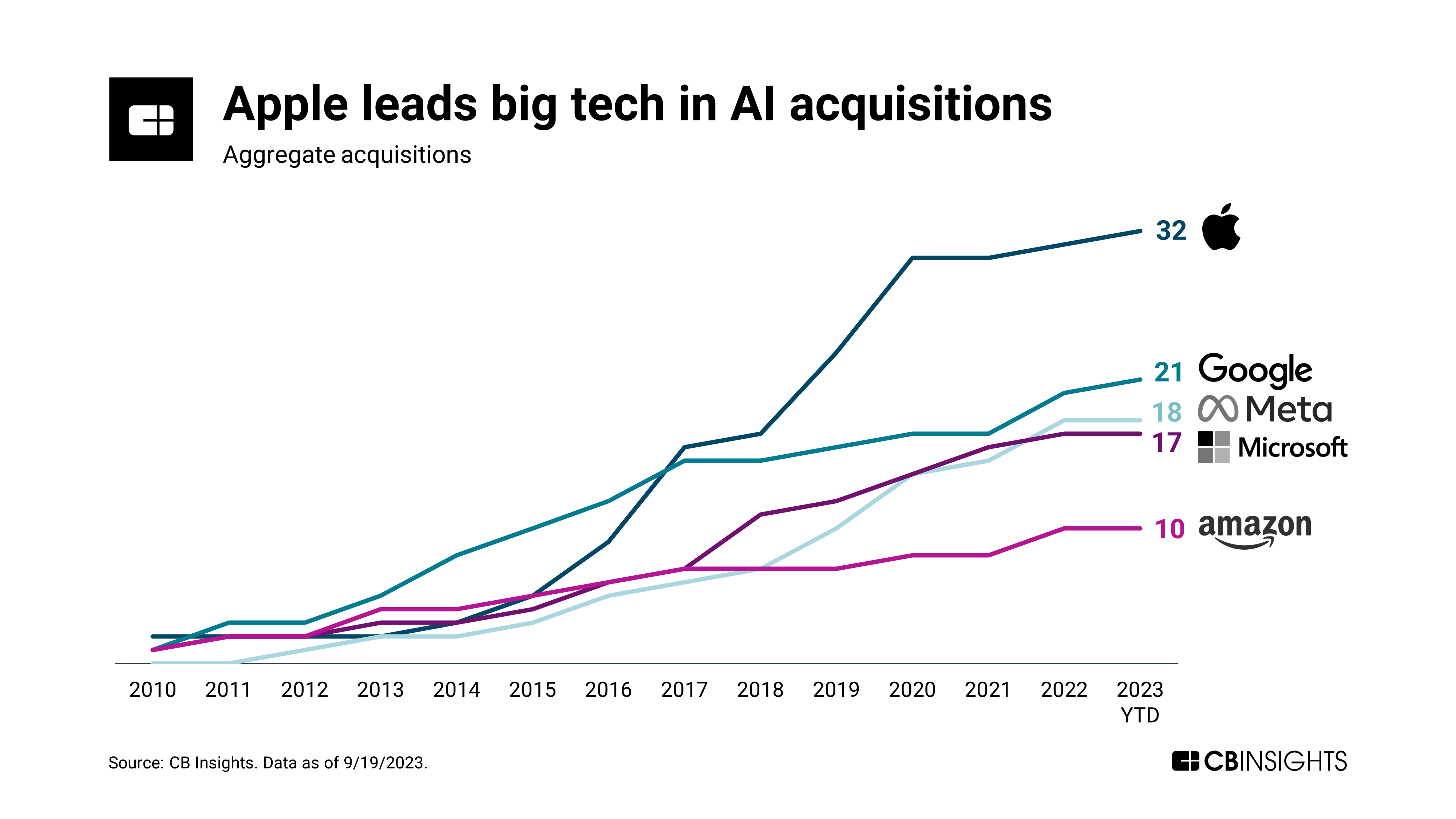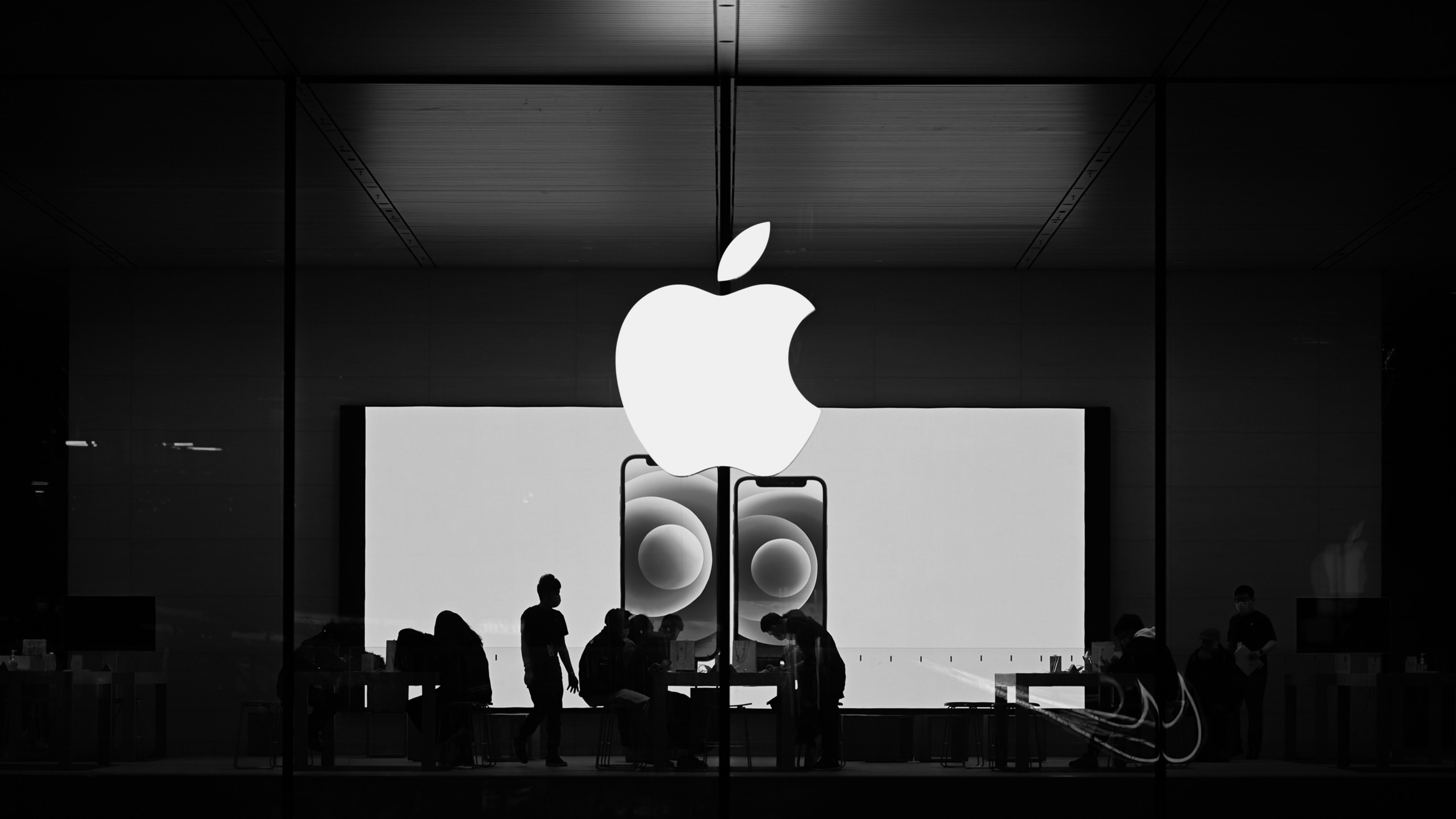Apple's AI Ambitions Soar with Datakalab Acquisition: Unveiling the Future of On-Device AI

In a world where artificial intelligence (AI) is rapidly transforming every aspect of our lives, Apple has taken a significant step forward with its recent acquisition of Datakalab, a French AI startup. This strategic move not only strengthens Apple's position in the highly competitive AI landscape but also underscores the company's commitment to delivering cutting-edge, privacy-focused AI experiences to its users.
The Datakalab Acquisition
Apple's acquisition of Datakalab, completed in December 2023 for an undisclosed amount, brings a wealth of expertise in on-device AI processing, computer vision technology, and deep learning algorithms to the tech giant's arsenal. Datakalab's specialization in low-power, runtime-efficient deep learning algorithms that operate entirely on-device aligns perfectly with Apple's long-standing focus on user privacy and security.
The French startup's impressive portfolio includes collaborations with the French government and Disney, where they deployed AI tools to monitor face mask usage in Paris transportation systems and analyze audience reactions during cinema screenings. Datakalab's expertise in AI compression and embedded computer vision has been praised for its speed, cost-effectiveness, and precision.
While Datakalab's founders did not join Apple as part of the acquisition, several key employees did make the transition, ensuring a smooth integration of the startup's technology and knowledge into Apple's existing AI infrastructure.

Apple's AI Vision
Apple's acquisition of Datakalab is a clear indication of the company's ambitious plans for the future of AI. As the tech giant prepares to introduce a suite of AI features in the upcoming iOS 18, expected to be unveiled at WWDC 2024, the integration of Datakalab's technology could prove to be a game-changer.
By focusing on on-device AI processing, Apple aims to differentiate itself from competitors like Google, Microsoft, and OpenAI. While this approach may result in less powerful and knowledgeable AI in some cases, it offers users faster and more secure responses, as data is processed locally on their devices rather than being sent to the cloud.
The potential applications of Datakalab's technology in Apple's ecosystem are vast and exciting. From auto-summarizing and auto-complete features for core apps and productivity software to improved playlist creation in Apple Music, the possibilities are endless. Moreover, the acquisition could pave the way for a significant overhaul of Siri, Apple's virtual assistant, with a renewed focus on AI.

Beyond the iPhone: AI in Apple's Ecosystem
Apple's AI ambitions extend far beyond the iPhone and iPad. The integration of Datakalab's advanced vision-based technology could play a crucial role in the development of Apple's Vision Pro, the company's highly anticipated mixed reality headset. With enhanced facial recognition capabilities for Photos and Face ID, Apple could revolutionize the way users interact with their devices and the world around them.
The acquisition also has the potential to bolster Apple's efforts in the smart home and IoT sectors. By leveraging Datakalab's expertise in low-power, on-device AI processing, Apple could develop more intelligent and efficient smart home devices that prioritize user privacy and security.
The Future of AI at Apple
As Apple continues to invest heavily in AI research and development, the acquisition of Datakalab is likely to be just one of many strategic moves in the coming years. The company's commitment to delivering innovative, user-centric AI experiences is evident in its recent hires, including former Google AI chief John Giannandrea and Carnegie Mellon University professor Ruslan Salakhutdinov.
Apple's AI strategy, which emphasizes privacy and on-device processing, sets it apart from its competitors and positions the company as a leader in responsible AI development. By ensuring that user data remains secure and private, Apple is building trust with its customers and demonstrating its commitment to ethical AI practices.

The Competitive Landscape
Apple's acquisition of Datakalab comes at a time when the AI race is heating up among tech giants. Google, Microsoft, and OpenAI have all made significant strides in AI development, with the latter's ChatGPT and GPT-4 models garnering widespread attention and praise.
However, Apple's unique approach to AI, which prioritizes user privacy and on-device processing, could give the company a competitive edge in the long run. As consumers become increasingly aware of the importance of data privacy and security, Apple's commitment to these values could help it attract and retain loyal customers.
The Economic Impact of AI
The global AI market is expected to reach $190.61 billion by 2025, growing at a compound annual growth rate (CAGR) of 33.2% from 2020 to 2025. As one of the world's most valuable companies, Apple is well-positioned to capitalize on this growth and drive innovation in the AI sector.
The acquisition of Datakalab is not only a strategic move for Apple but also a testament to the thriving AI ecosystem in France and Europe as a whole. By investing in European AI startups, Apple is tapping into a rich pool of talent and expertise, fostering collaboration and knowledge-sharing across borders.

Conclusion: Apple Defines New Path For AI
Apple's acquisition of Datakalab is a significant milestone in the company's AI journey, reflecting its commitment to delivering innovative, privacy-focused AI experiences to its users. By integrating Datakalab's expertise in on-device AI processing, computer vision technology, and deep learning algorithms, Apple is well-positioned to revolutionize the way we interact with our devices and the world around us.
As the AI race continues to intensify, Apple's unique approach, which prioritizes user privacy and on-device processing, sets it apart from its competitors and positions the company as a leader in responsible AI development.
As the company continues to invest in AI research and development, we can expect to see a wave of innovative, user-centric AI experiences that transform the way we live, work, and interact with technology. With Apple at the forefront of this revolution, the possibilities are truly endless.











Member discussion